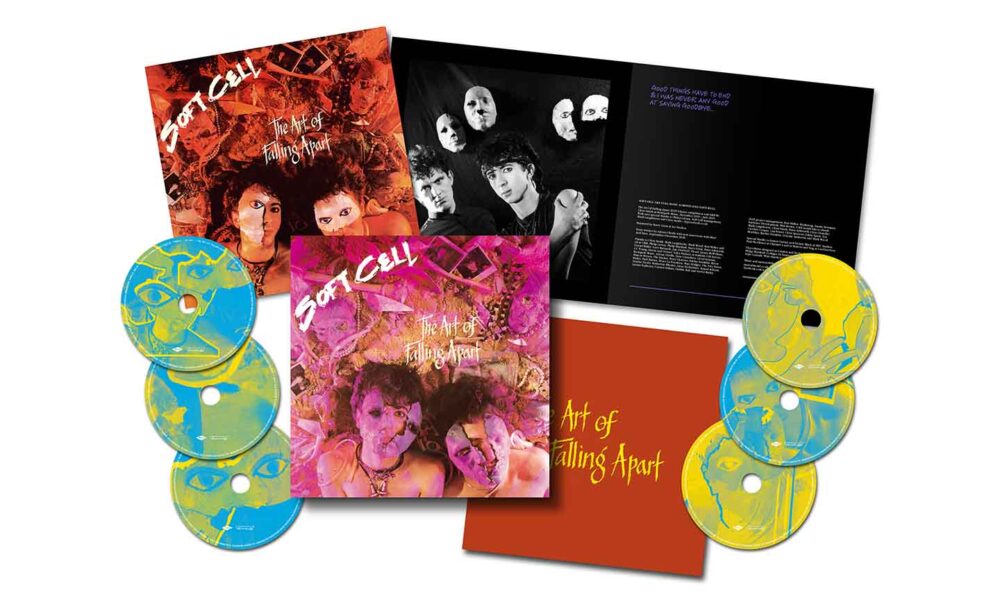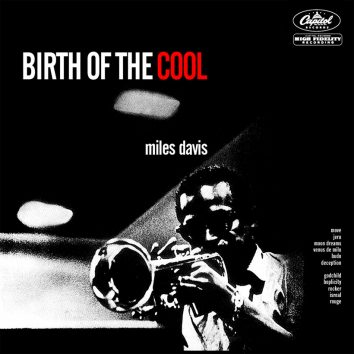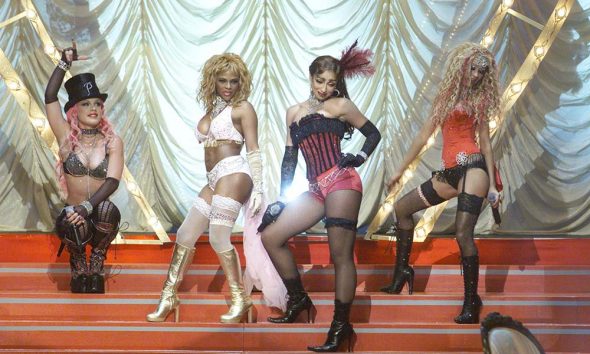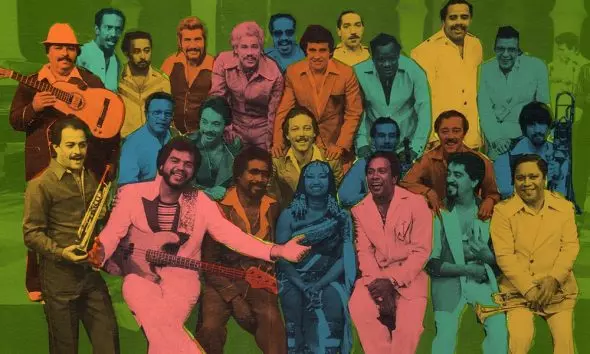Soft Cell’s ‘The Art of Falling Apart’ Gets Super Deluxe Reissue
The 6CD set is overflowing with must-have bonus material.

Soft Cell are finally giving the super deluxe reissue treatment to their essential 1983 sophomore album. The English synth-pop duo is prepping a 6CD edition of The Art of Falling Apart featuring extensive bonus material, as well as 2CD and 2LP editions. The releases follow a 2023 reissue of Soft Cell’s 1981 debut Non-Stop Erotic Cabaret.
All six CDs from the new The Art of Falling Apart reissue will be housed in a luxuriant 10”x10” package. The tracklist will feature the main studio album remastered from the original tapes, bonus 12” tracks, B-sides, rarities, remixes, instrumentals/bubs, brand new remixes, live TV performances, and a full disc of demos. The package will also include a hardback book, notes from journalist Adrian Thrills, and photos from longtime Soft Cell collaborator Peter Ashworth. The 2CD/2LP editions will feature highlights from the 6CD box set, with the LP pressed on colour vinyl.
Click to load video
The Art of Falling Apart was Soft Cell’s follow-up to the breakthrough success of “Tainted Love,” a No. 1 smash in their native UK. Produced by Mike Thorne and Soft Cell, the album features the hits “Where the Heart Is” and “Numbers,” which takes its name from the John Rechy novel. It also has “Martin,” a song inspired by the George Romero horror film of the same name, described by AllMusic Guide as an “epic” and a “magnificent outing.” And few could forget the “Hendrix Medley” from the bonus 12” originally included with vinyl copies of the album, featuring synth-pop renditions of the legendary guitar-slinger’s “Hey Joe,” “Purple Haze,” and “Voodoo Chile.”
Vocalist Marc Almond and instrumentalist David Ball formed Soft Cell in Leeds in 1978. Their pioneering approach to minimal synth-pop made them first staples of British dance clubs, then nationwide radio mainstays, then worldwide stars. “As Soft Cell, they created electronic pop tempered with Northern soul, the strain of American blues and soul music then being pumped through raucous UK clubs that rivaled New York City’s most debauched discos,” wrote Eric Torres in a Pitchfork retrospective, which praised the duo for “slipping genuine, gimlet-eyed emotion into their rhythmic electronic music, rather than making stuff ‘to pose against the Berlin Wall to,’ as Almond put it.”










